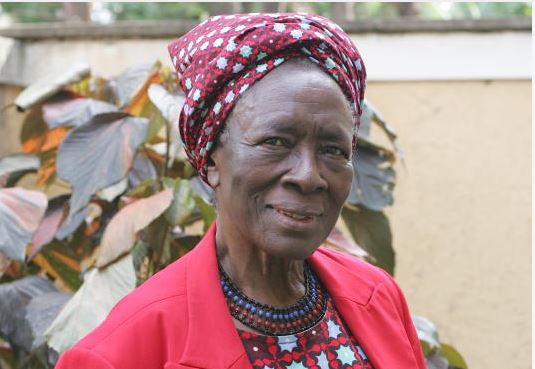×
The Standard e-Paper
Fearless, Trusted News

Prof Miriam Were made believers out of many doubting Thomases in her day. And the naysayers were many.
Despite having so many notches on her belt, Prof Miriam Were is a lot humbler than I imagined. The 80-year-old is a professor, medical doctor and former Moi University chancellor. These are only a few of the numerous roles she has held.